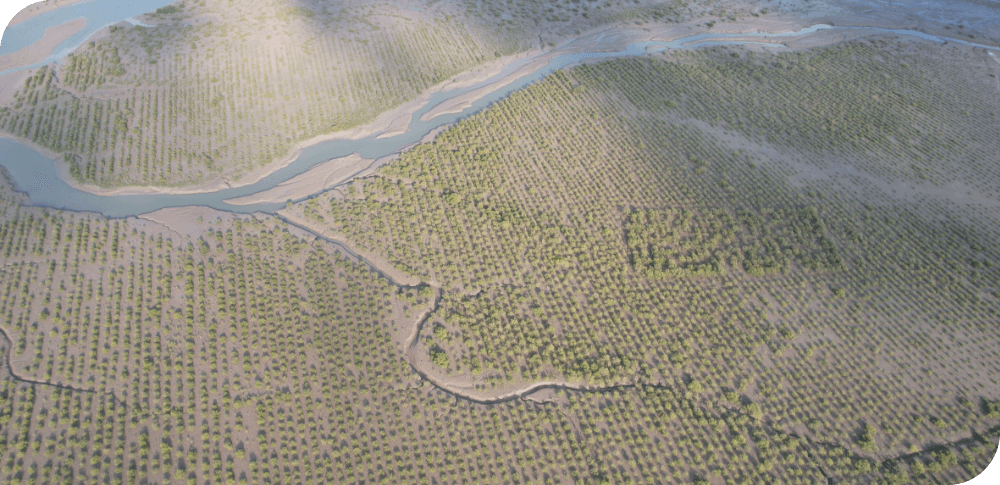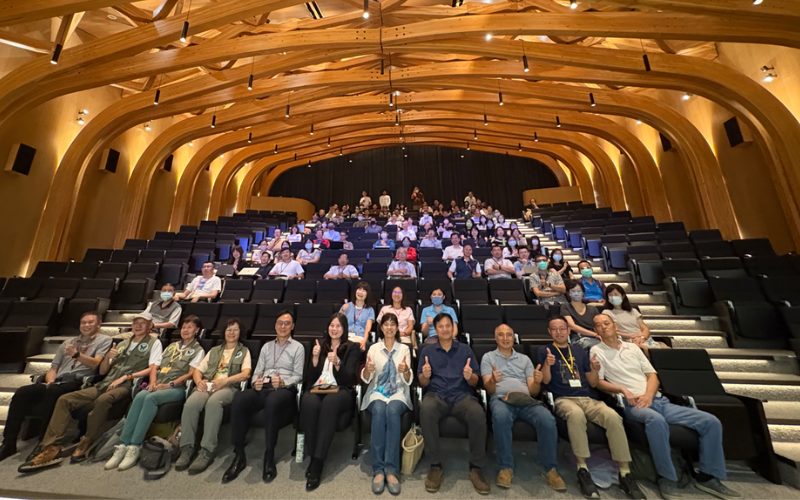Initiating green investment
Investing NT$555 million in green energy development as a crucial first step towards achieving carbon neutrality
Upon conducting a comprehensive GHG inventory across the entire Company, Winbond discovered that indirect energy emissions accounted for approximately 89% of the total emissions. To meet carbon reduction and carbon neutrality targets, Winbond has been actively evaluating investments in renewable energy. In 2022, Winbond invested NT$555 million in green energy development related business, marking a crucial first step in initiating green investments. Through green investments and continuous collaboration with green industry suppliers and alliances, Winbond aims to expand the scope and impact of its green investments.
Scope 1
Refers to direct emissions from processes or facilities, such as emissions from factory chimneys, processes, ventilation equipment, and emissions from owned or controlled stationary combustion sources, process emissions, and emissions from transportation vehicles.
Scope2
Represents indirect energy emissions, which are emissions resulting from the use of purchased electricity, heat, or steam.
Winbond has acquired carbon credits from the world's largest blue carbon project, contributing to environmental protection and biodiversity conservation
In the face of the climate crisis, the next decade is crucial, and global resources and collective innovation are needed. Winbond has actively evaluated green investments and invested in the Pakistan Mangrove Conservation Project in 2022, which is currently the world's largest blue carbon project. Covering an area of over 350,000 hectares, the project encompasses habitats of several endangered species and brings significant climate adaptation benefits to the region's biodiversity, and contributes to climate change mitigation, biodiversity conservation, and job creation opportunities.

 圖片來源: Delta Blue Carbon Project
圖片來源: Delta Blue Carbon ProjectWinbond's investment in the world's largest blue carbon project has contributed to climate change mitigation, biodiversity conservation, and job creation efforts.
The Pakistan Mangrove Conservation Project is currently the world's largest blue carbon project, covering an area of over 350,000 hectares. It encompasses habitats of several endangered species and brings significant climate change adaptation benefits to the region's biodiversity. The project is expected to benefit around 42,000 local residents through various co-benefits, including the creation of over 21,000 full-time jobs, access to clean drinking water sources, conservation-focused education and training, public health improvements, and gender equality advocacy.
Based on the sources and storage methods of "carbon", scientists classify carbon into different colors: gray carbon, black carbon, brown carbon, green carbon, and blue carbon. "Blue carbon" refers to all carbon absorbed and stored by marine organisms from the atmosphere within the ecosystem. Plant-based "blue carbon" in the ocean includes seagrasses, herbaceous plants in salt marshes, mangroves, and algae.


